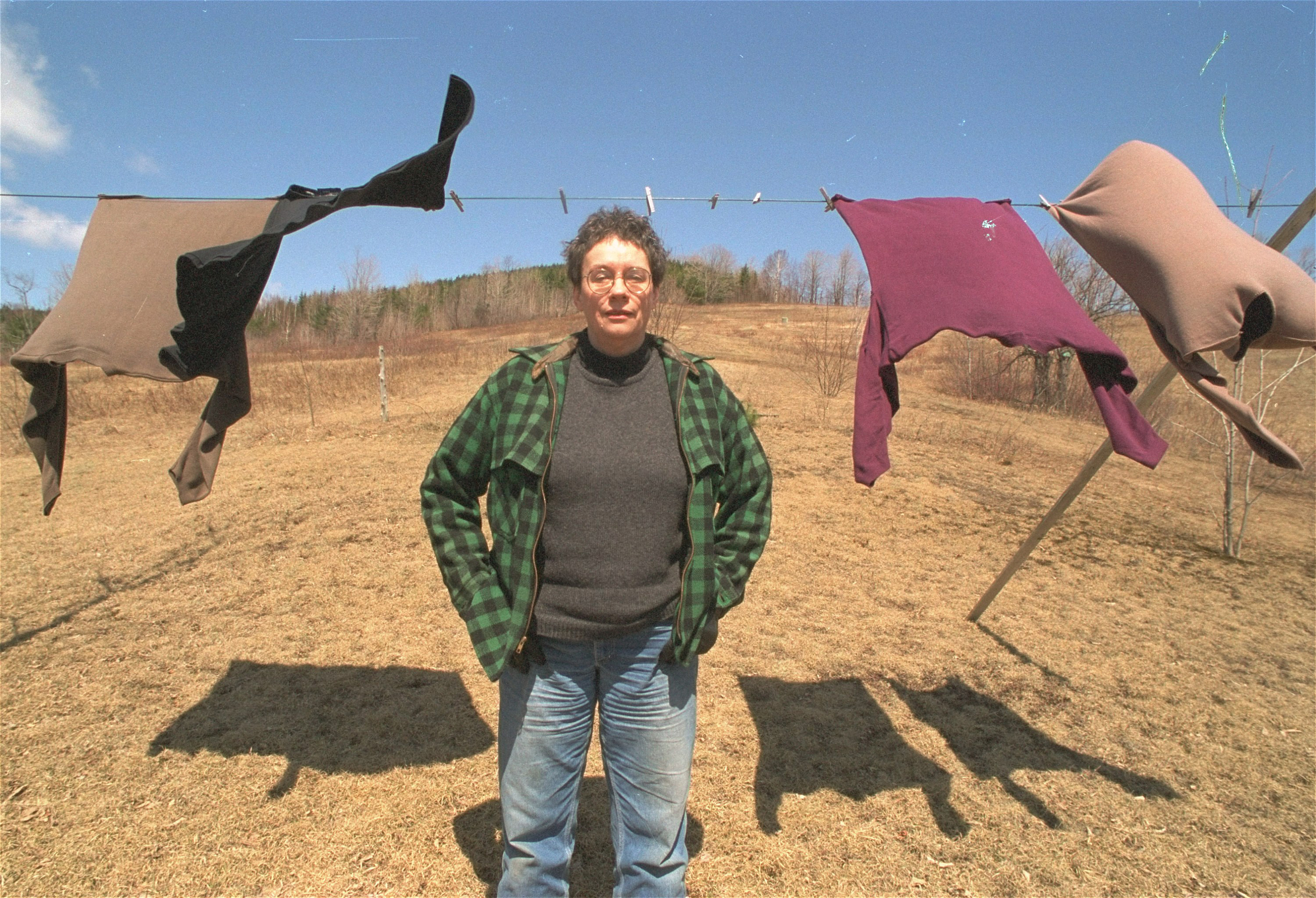Guided Reading: Short Story
Annie Proulx
55 Miles to the Gas Pump
In the following short-short story, Annie Proulx provides a complete narrative with a beginning, middle, and end—and all in just three brief paragraphs. “55 Miles to the Gas Pump” first appeared in her collection titled Close Range: Wyoming Stories, where “Brokeback Mountain,” the story made into an Academy Award–winning film, also appears. Proulx is a journalist and fiction author whose novel The Shipping News won the Pulitzer Prize for fiction in 1993; her stories have also won awards, including the O. Henry Prize for short fiction.
In the margins of Proulx’s story, we’ve provided some notes for reading the story in terms of conventions of fiction, such as elements of style and design, as well as the author’s purpose, audience, use of rhetorical appeals, and choice of mode and medium. Annie Proulx, excerpt from Close Range: Wyoming Stories by Annie Proulx. Copyright © 1999 by Dead Line Ltd. All rights reserved. Reprinted with the permission of Scribner, a Division of Simon & Schuster, Inc.

GUIDED READING Annotations
Rancher Croom in handmade boots and filthy hat, that walleyed cattleman, stray hairs like curling fiddle string ends, that warm-handed, quick-foot dancer on splintery boards or down the cellar stairs to a rack of bottles of his own strange beer, yeasty, cloudy, bursting out in garlands of foam, Rancher Croom at night galloping drunk over the dark plain, turning off at a place he knows to arrive at a canyon brink where he dismounts and looks down on tumbled rock, waits, then steps out, parting the air with his last roar, sleeves surging up windmill arms, jeans riding over boot tops, but before he hits he rises again to the top of the cliff like a cork in a bucket of milk.
Mrs. Croom on the roof with a saw cutting a hole into the attic where she has not been for twelve years thanks to old Croom’s padlocks and warnings, whets to her desire, and the sweat flies as she exchanges the saw for a chisel and hammer until a ragged slab of peak is free and she can see inside: just as she thought: the corpses of Mr. Croom’s paramours—she recognizes them from their photographs in the paper: MISSING WOMAN—some desiccated as jerky and much the same color, some moldy from lying beneath roof leaks, and all of them used hard, covered with tarry handprints, the marks of boot heels, some bright blue with the remnants of paint used on the shutters years ago, one wrapped in newspaper nipple to knee.
When you live a long way out you make your own fun.